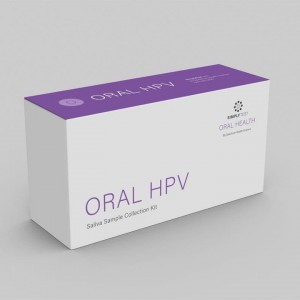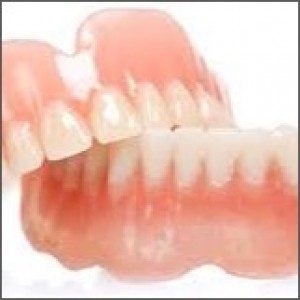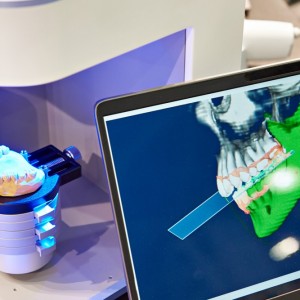
Sealents: yes or no? The conclusions from the American Association of Pediatric Dentistry
Massimo Gagliani
INTRODUCTION
Although caries prevalence is drastically decreasing in industrialized countries, the presence of carious lesions in children under twelve is still high and causes an economic burden on families and institutions that is still relevant. It has long been known that a preventive methodology for reducing the incidence of caries lesions on permanent teeth is represented by the use of sealants, composed either of resinous material or of glass ionomer cements, reinforced or not with resins.
MATERIALS AND METHODS
The American Association of Pediatric Dentistry has published a systematic review that analyzes the potential benefits of sealants in the infant population. The selected studies, whose scientific quality was found to be medium-high, compared groups of patients who had been treated with sealants to patients groups on whom this treatment had not been performed. In another section of the study, they compared patients groups treated with sealants to groups on whom fluorinated paints were used. Finally, the studies were subdivided in relation to the observation period: studies in which the checks were performed after 3 years and studies in which these checks were completed in a period equal to or greater than seven years.
RESULTS
The results showed that the use of sealants reduces the caries risk by 76%. In longer-term studies the gap appeared even more pronounced, with the risk of caries incidence accounting for 79% and 85% in studies with a control program over seven years. Where fluorescent paints were used, the result was also favorable for the groups of patients treated with sealants with a favorable percentage of 73% and 81% depending on whether the short or medium term was evaluated.
A lower result was observed in studies where glass ionomeric based sealants were used, which yielded favorable results just under 30% of short-term cases and about 63% in medium-term controls.
CONCLUSIONS
The use of sealants in young patients is a very effective preventive measure for the reduction of caries on permanent teeth. In fact, the incidence of caries in patients who were treated with sealants is equal to 29% while in untreated patients it exceeds the 70%.
For additional information:
Sealants for preventing and arresting pit-and-fissure occlusal caries in primary and permanent molars. JADA
 Related articles
Related articles
Pediatric dentistry 09 October 2025
Smart materials in pediatric dentistry: Revolutionizing care for enhanced outcomes
In the realm of pediatric dentistry, smart materials are reshaping conventional approaches, introducing a responsive and tailored dimension to treatment.
Pediatric dentistry 24 September 2025
The objective of this study was to survey members of the American Academy of Pediatric Dentistry (AAPD) regarding their use of behavior management techniques.
Pediatric dentistry 08 August 2025
Management of pigmented gingiva in child patient: a new era to the pediatric dentistry
Gingival health in the form of size, shape, consistency and appearance are essential components responsible for an attractive smile as well as may cause unpleasant appearance
Pediatric dentistry 17 July 2025
Pediatric restorative dentistry is a dynamic combination of ever-improving materials and tried-and-true techniques.
 Read more
Read more
Much like EMTs rushing to the scene after an accident, stem cells hurry to the site of a skull fracture to start mending the damage. A new finding has uncovered the signaling mechanism that triggers...
Products 05 November 2025
SimplyTest has launched a groundbreaking saliva-based test to detect high-risk strains of oral human papillomavirus (HPV), a major cause of oropharyngeal cancers.
News 05 November 2025
Perimetrics, Inc., a dental technology company pioneering quantitative diagnostics, announced today that the U.S. Food and Drug Administration (FDA) has granted clearance for the InnerView...
News 05 November 2025
On October 15, open enrollment for Medicare began nationwide. Hundreds of thousands of seniors in New Jersey will once again face the challenge of finding the right Medicare coverage, including the...
Digital Dentistry 04 November 2025
Digitalisation is an expanding field in dentistry and implementation of digital teaching methods in dental education is an essential part of modern education.















